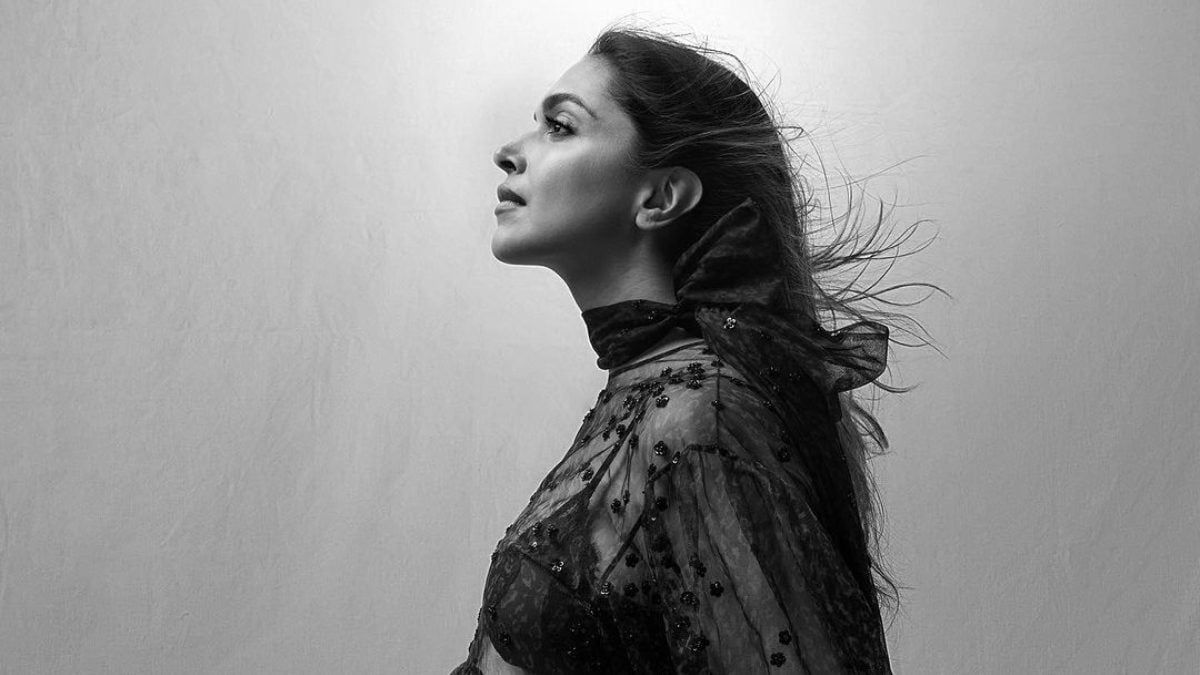Even throughout her pregnancy, Deepika Padukone maintained a healthy routine and stayed active.
Prenatal yoga supports the emotional and physical changes a woman experiences during a 9-month pregnancy.
Deepika Padukone, who welcomed a baby girl with husband Ranveer Singh on September 8, is known for her unwavering commitment to fitness. Even during her pregnancy, the actress maintained a healthy routine and stayed active. Recently, Deepika's yoga instructor Anshuka Parwani uploaded a couple of selfies with Deepika, who is seen flaunting her baby bump. In the caption, Anshuka shared Deepika's commitment to a prenatal fitness regime during her nine-month journey.
“Guiding you through every breath, stretch and asana as you prepare for this special chapter has been an incredible honor. Your commitment, positivity and confidence in the process have truly shined through, and I am so proud to have been a part of this journey,” Anshuka wrote in the caption.
What is prenatal yoga?
Practicing yoga during pregnancy is said to be very important. It is a modified yoga practice that is specially designed for pregnant women and is usually started from the second trimester. Prenatal yoga supports the emotional and physical changes that a woman experiences during a 9-month pregnancy. It also helps ensure a healthy and comfortable process for both her and her baby.
Some of the benefits of prenatal yoga include:
- Helps reduce back pain, sciatica and pelvic pressure.
- It also improves flexibility, making everyday tasks easier.
- Strengthens core muscles and prepares the body for childbirth.
- Gentle stretching and breathing techniques promote relaxation and reduce stress.
- It also reduces the risk of postpartum problems such as urinary and bowel incontinence.
Yoga postures for each trimester
First trimester:
Focus on strengthening your body and relieving tension, especially in your lower back and hips. Perform head-on-knee forward bend (Janu sirsasana), seated wide-arm forward bend (Upavistha konasana), and cat-cow pose (Marjaryasana to Bitilasana).
Second trimester
The body produces more of the hormone relaxin, which relaxes the tendons, muscles and ligaments to help prepare them for childbirth. Bound Angle Pose (Baddha Konasana), Child's Pose (Balasana), Triangle Pose (Trikonasana) and Standing Forward Bend Pose (Uttanasana) can be practiced.
Third trimester
As your baby grows and takes up more space, you may find it more difficult to breathe and move comfortably. In the third trimester, practice Warrior II Pose (Virabhadrasana II), Garland Pose (Malasana), Easy Pose (Sukhasana), and Side Corpse Pose (Parsva Savasana).
Things to consider when practicing prenatal yoga
- Follow all prenatal yoga guidelines, making sure to modify or avoid certain poses.
- Take it easy and avoid overexertion or overheating.
- When twisting, focus on twisting from your shoulders or chest, not from your lower spine or abdomen, to avoid putting pressure on your stomach.
- Always get your doctor's approval before starting prenatal yoga, especially if you have any complications during pregnancy. Also, consult an expert to know what type of asanas are suitable for you.












